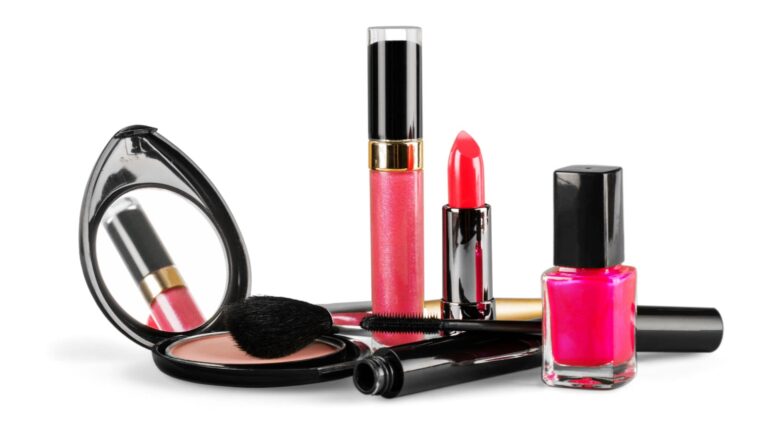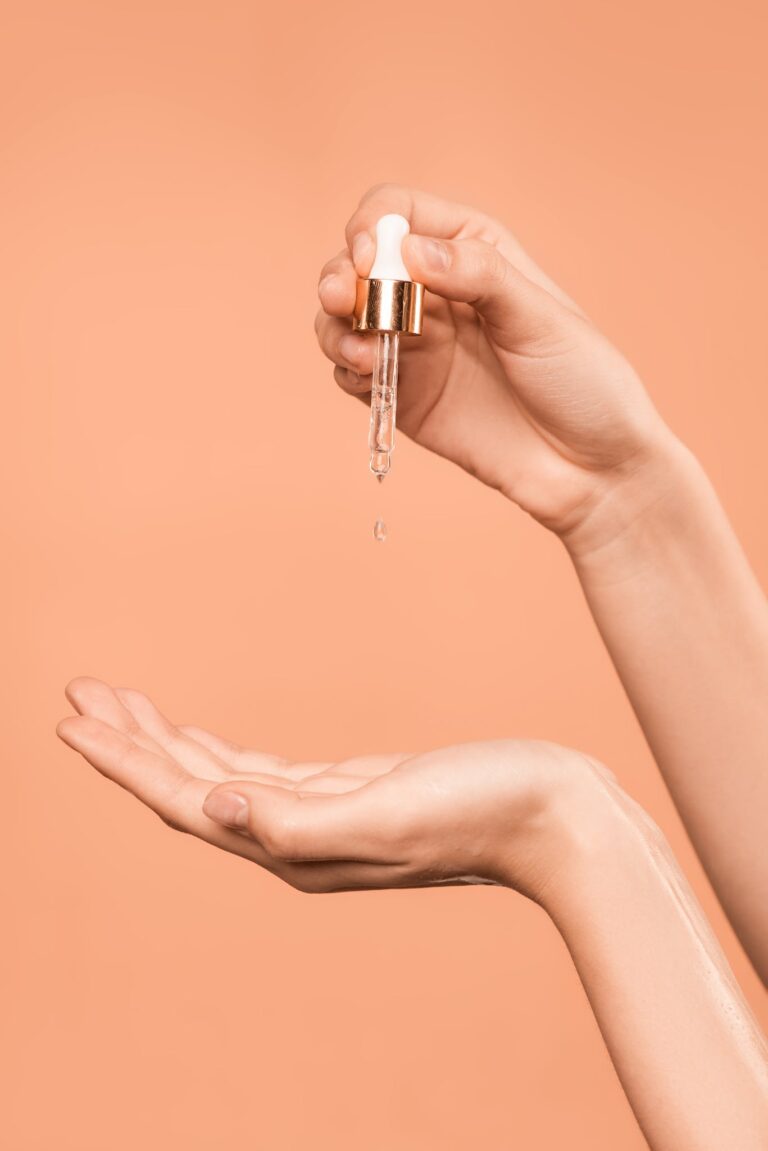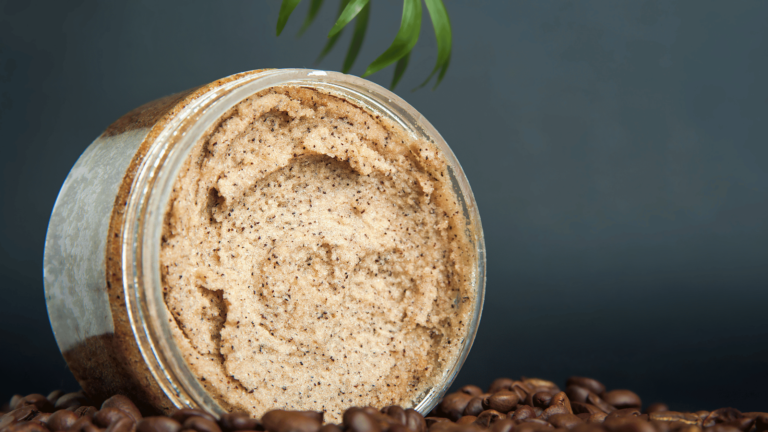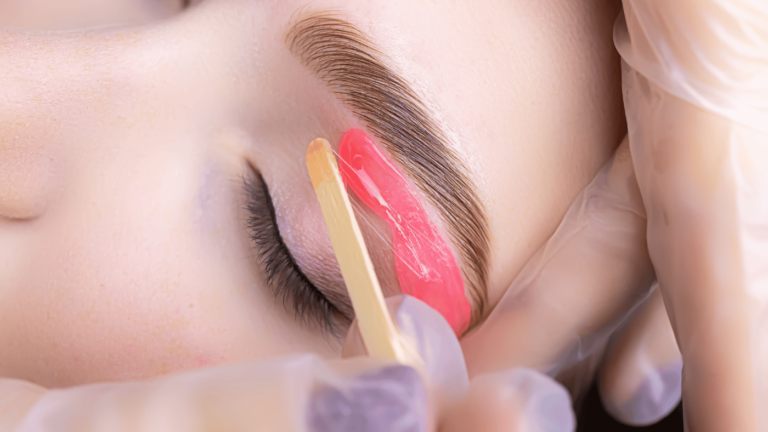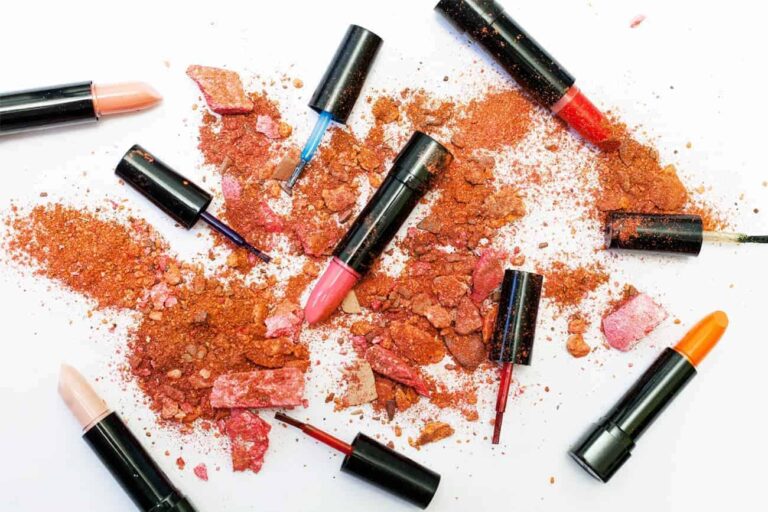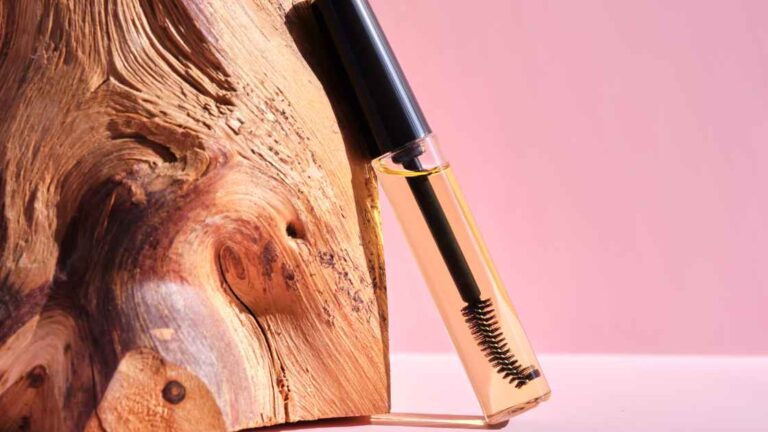Hormonal acne can suddenly show up on our skin, causing trouble and making us feel less confident. It’s the reason for those stubborn breakouts that don’t go away with regular face wash or spot treatments. But there might be a way to control hormonal acne through skincare. This article will explain how hormonal acne works and how it can show up on our skin. We’ll also see if skincare routines can help balance our skin and clear up acne. Let’s explore how skincare can help fight hormonal acne together.
Understanding Hormonal Acne
Hormonal acne happens when hormone levels change, especially when androgens like testosterone increase. It usually shows up on the jawline, chin, and cheeks as painful cysts. Unlike regular acne caused by too much oil or clogged pores, hormonal acne is tough to get rid of. To manage hormonal acne, it’s important to know what’s causing it – hormone imbalances. Stress, diet, periods, and some medications can all trigger hormonal changes that cause breakouts.
Impact of Hormones on Skin Health
Hormones can affect our skin in different ways. Changes in estrogen levels can make skin less firm by affecting collagen production. Similarly, Imbalanced testosterone levels can lead to oily or acne-prone skin due to increased sebum production. Cortisol, the stress hormone, can cause inflammation and sensitivity in the skin. High cortisol levels can worsen conditions like eczema and psoriasis and make skin age faster.
So, it’s important to understand how hormones affect the skin. This will help to create personalized skincare routine that target specific issues related to hormonal acne.
Effective Skincare Ingredients that can help Hormonal Acne
Dealing with hormonal acne can be tough, but using certain skincare ingredients can help control and reduce breakouts caused by hormonal changes. Here are some effective ingredients to consider:
Salicylic acid
Salicylic acid helps unclog pores and reduce acne by exfoliating the skin. It also works well for treating blackheads and whiteheads.
Retinoids:
Retinoids like Retin-A and adapalene help cells renew and stop comedones from forming. They are useful for treating acne and making skin texture better.
Niacinamide (Vitamin B3):
Niacinamide reduces redness and calms irritated skin. It also controls oil production, which can help with hormonal acne.
Hyaluronic Acid:
While not directly addressing acne, hyaluronic acid is valuable for maintaining hydration. Some acne treatments can be drying, and ensuring the skin stays moisturized is crucial for overall skin health.
Tea Tree Oil:
Tea tree oil has natural antibacterial properties. This helps to fight against acne-causing bacteria. It should be diluted before application to avoid skin irritation.
Licorice Root Extract:
Licorice root extract has anti-inflammatory and skin-soothing properties. Which makes it beneficial for calming irritated skin associated with hormonal acne.
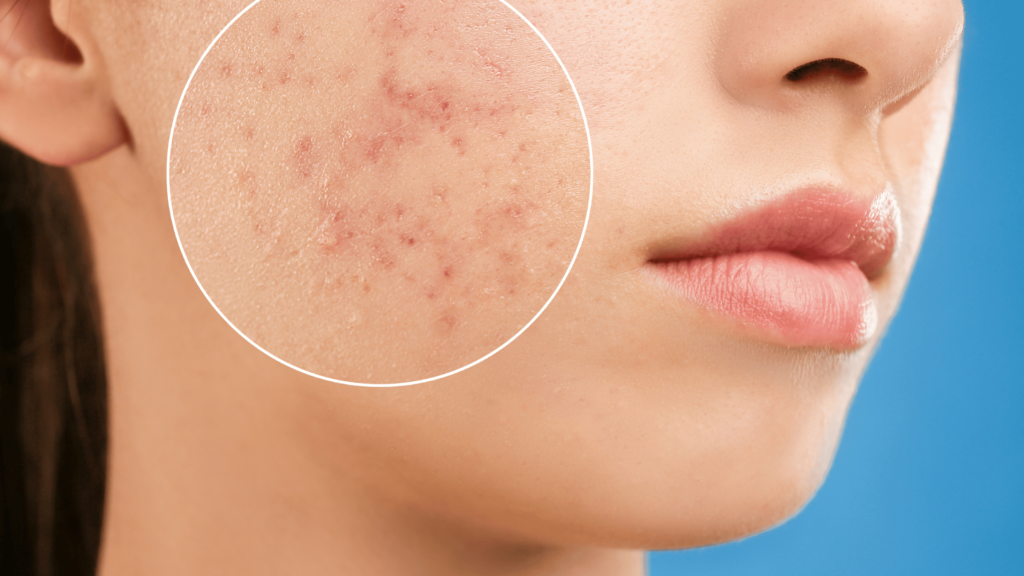
Role of skincare in managing acne
Skincare is important for managing acne by addressing factors that cause it. A good skincare routine can control oil, clear pores, reduce redness, and help skin renew.
Additionally, cleaning, moisturizing, and using sunscreen are important for healthy skin and less irritation. Being consistent and patient is important, as it takes time to see results. A well designed and personalized skincare routine can help manage and prevent acne.
Lifestyle factors affecting hormonal acne
Hormonal acne is affected by different lifestyle factors that can make it better or worse.
- Stress is a big factor as it can cause hormonal imbalance and lead to more acne.
- Eating high-glycemic foods can also affect hormones and lead to acne.
- Not getting enough sleep can mess up hormones and affect skin health.
- Some medications like birth control and skincare products can also make acne worse.
To get clearer skin, it’s important to reduce stress, eat well, sleep enough, and use non-comedogenic products.
Also Read: When should you exfoliate your face in your skincare routine?
Dermatologist Recommendations and Treatments
Dermatologists suggest using a mix of treatments to treat different skin issues. They customize their recommendations based on each person’s needs and skin type. For example, using products with retinol can help make the skin look younger and reduce signs of aging.
Dermatologists also recommend in-office procedures like chemical peels or laser therapies for more focused results. These treatments can target specific issues like dark spots or scars, giving patients long-lasting improvements in their skin’s health and appearance.
Conclusion: Skincare can help hormonal acne management
In conclusion, having a good skincare routine can help manage hormonal acne. Using products made for acne-prone skin and controlling oil production can reduce breakouts and improve skin health.
Additionally, good hygiene, like washing your face often and avoiding pore-clogging ingredients, can also help. Remember, skincare is not the same for everyone, so it’s best to see a dermatologist for a personalized plan. Make skincare a priority in your daily routine to get clearer skin.
FAQS
Disclaimer: This information is for general information only. Skincare is personal, and what works for one person may not work for another. Before trying new skincare products, especially if you have sensitive skin, do patch tests. This information is not a substitute for professional medical advice. If you have skin concerns, consult a dermatologist. The author and platform are not responsible for any harm from relying on this information. Always seek advice from a dermatologist or health professional.

